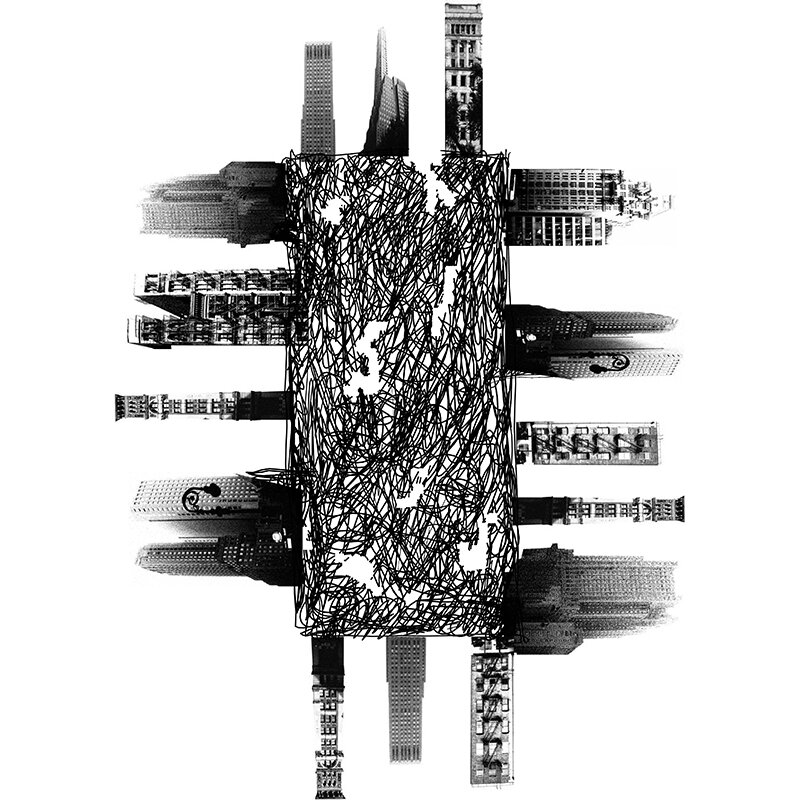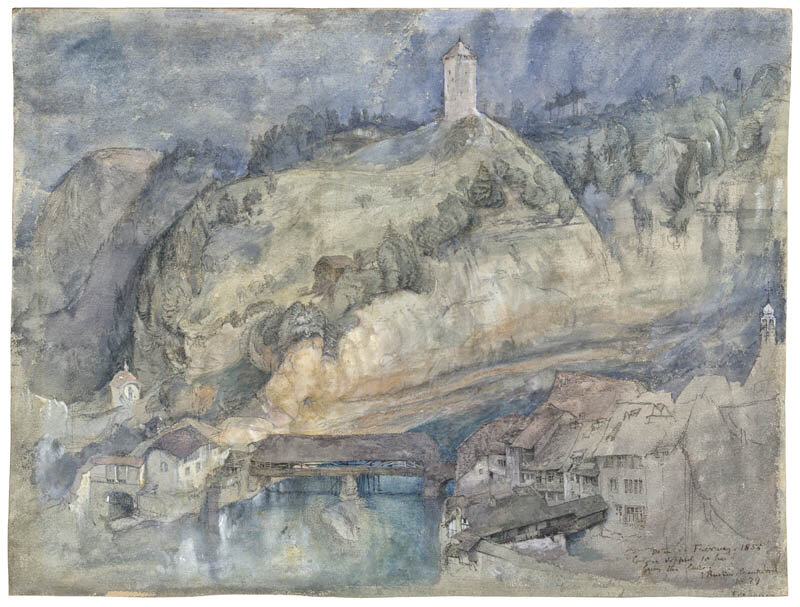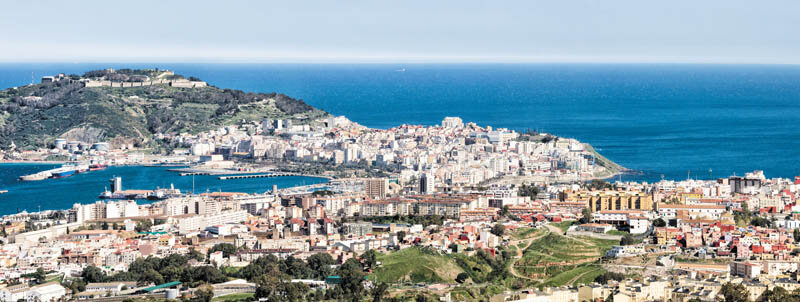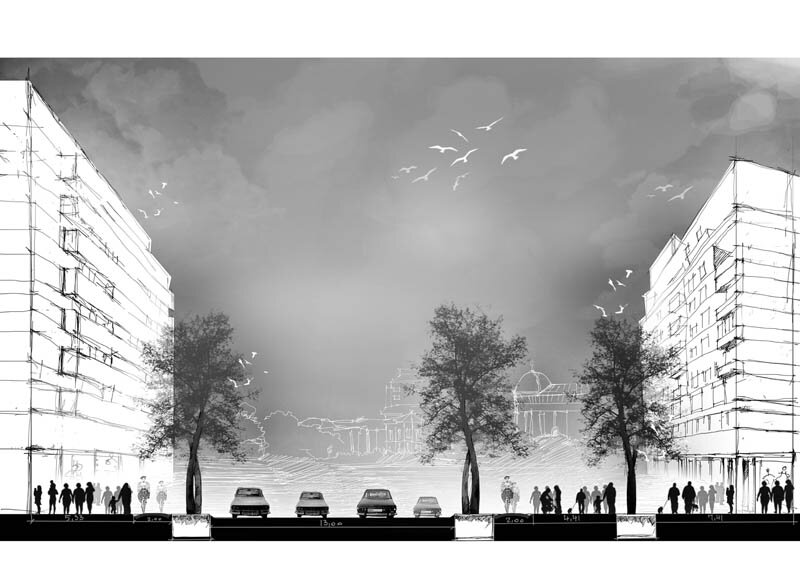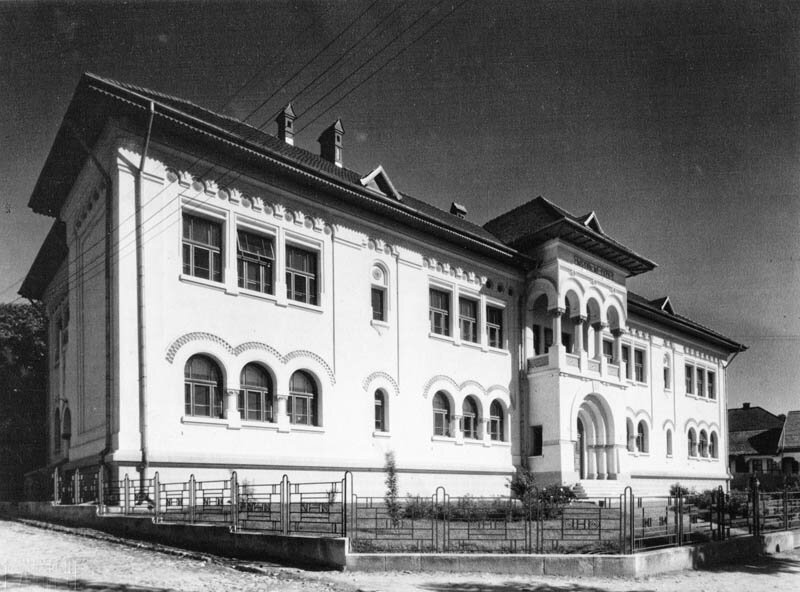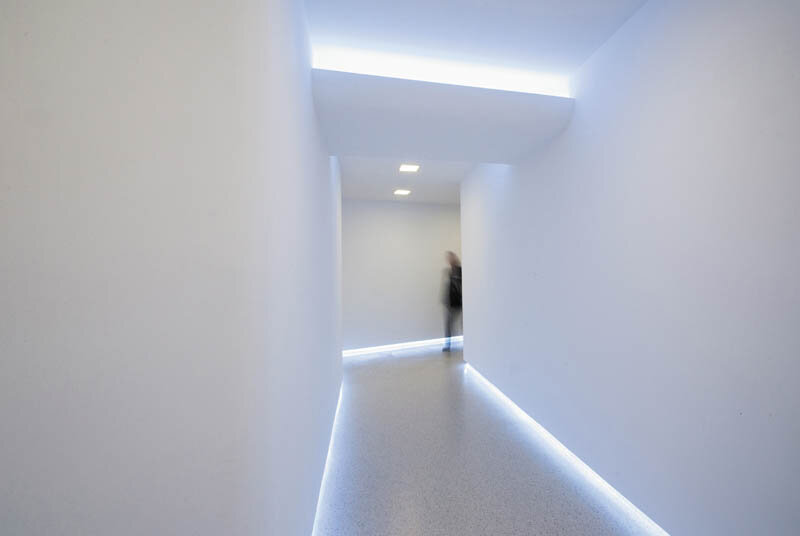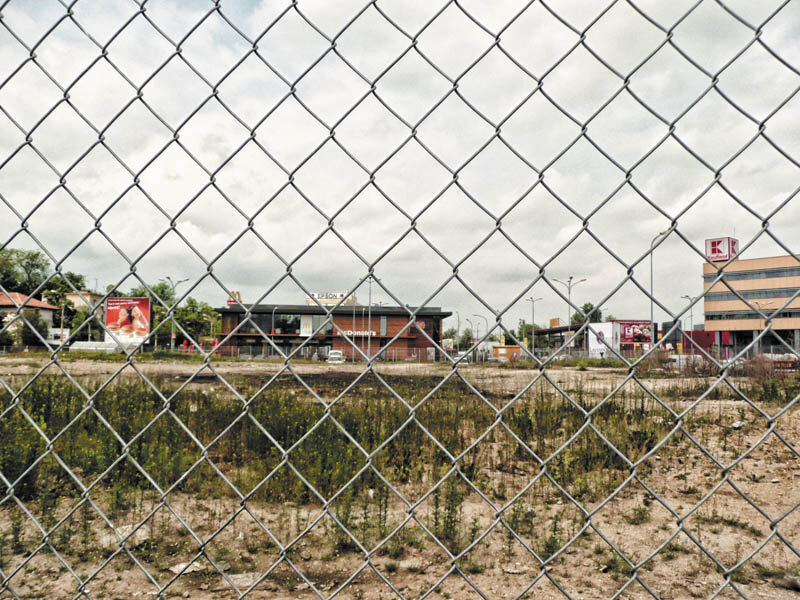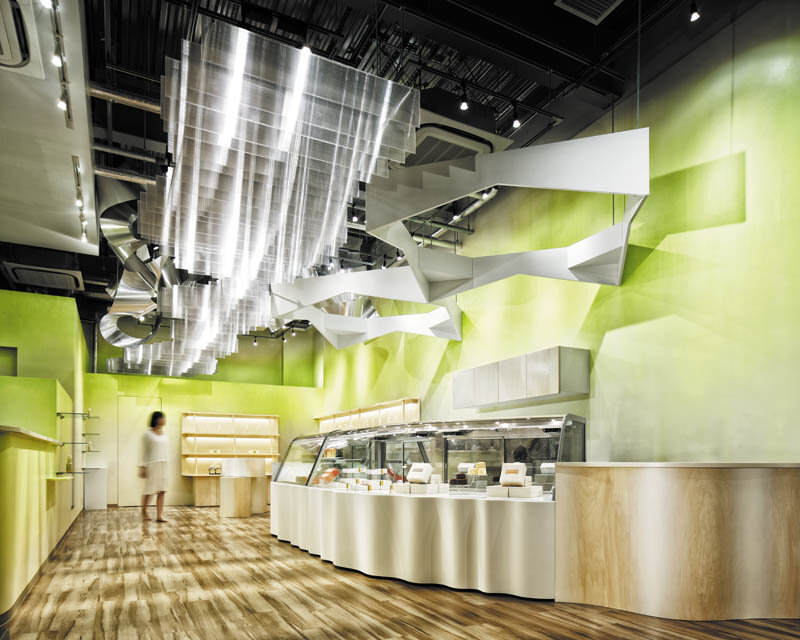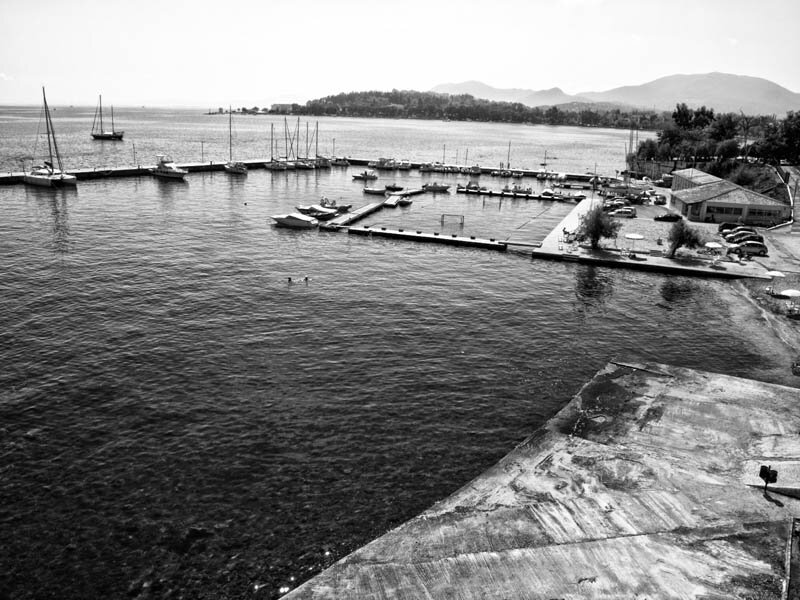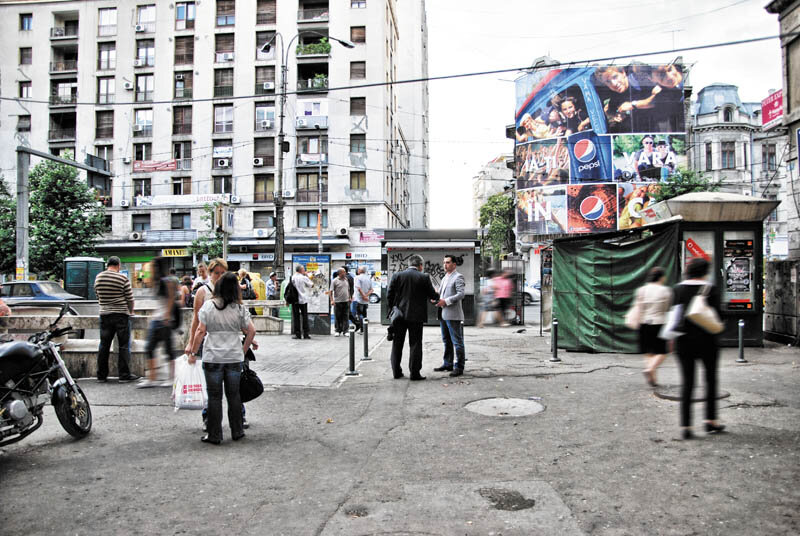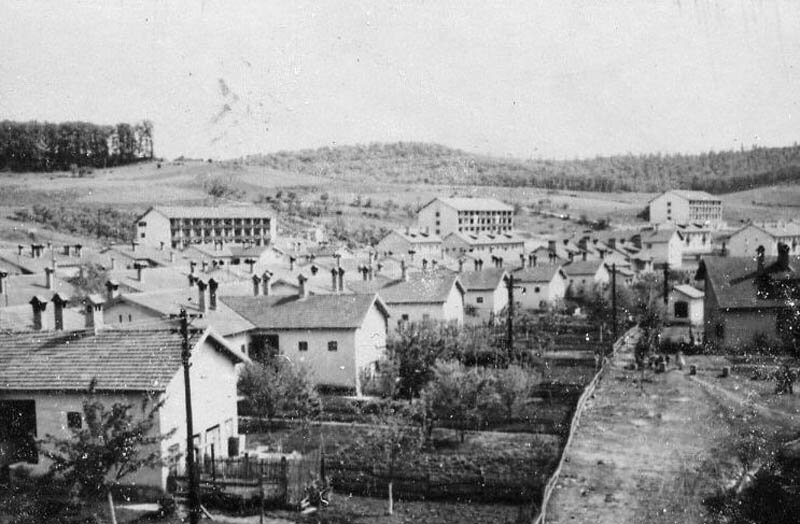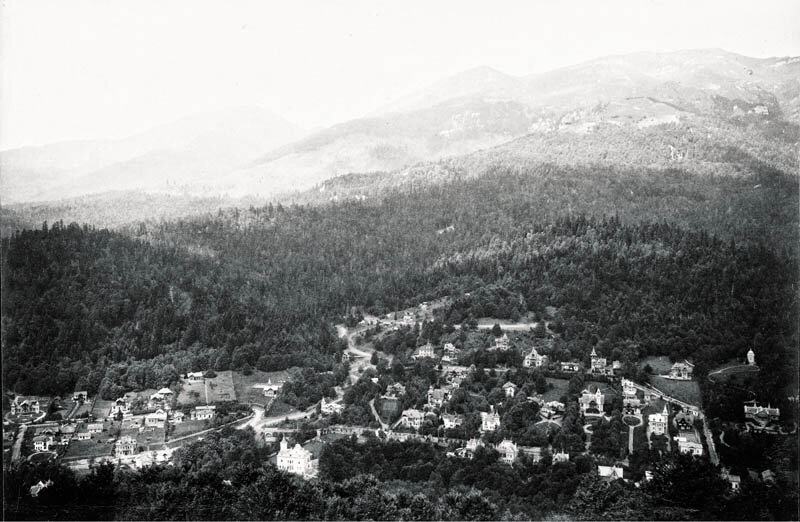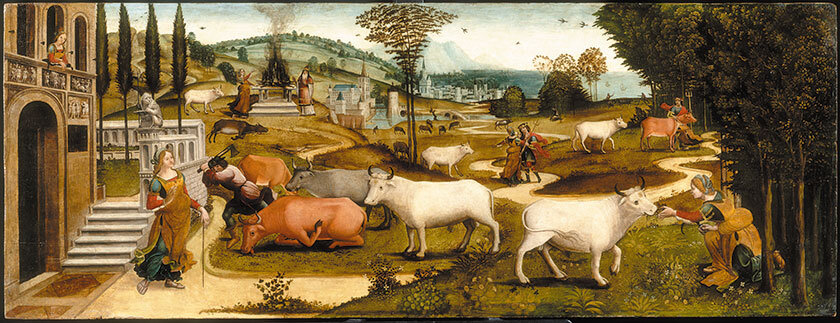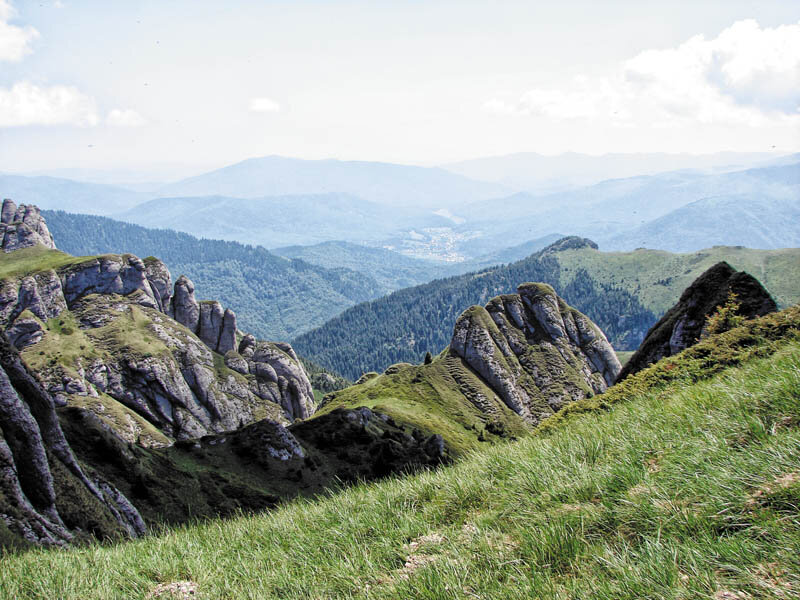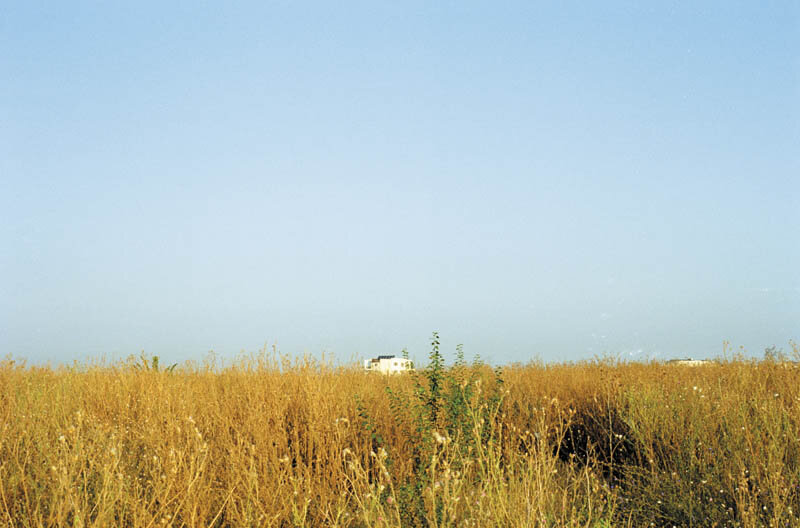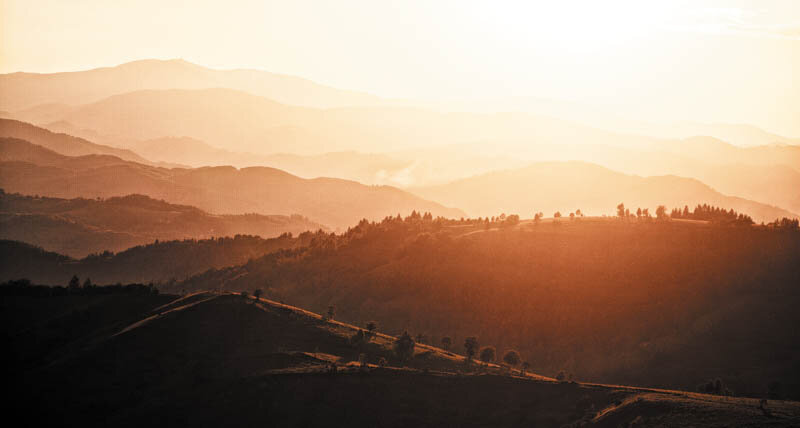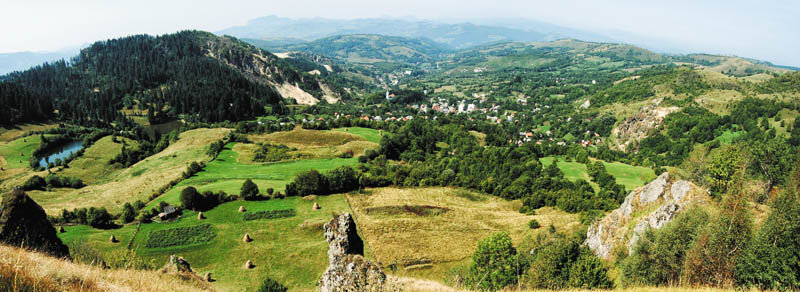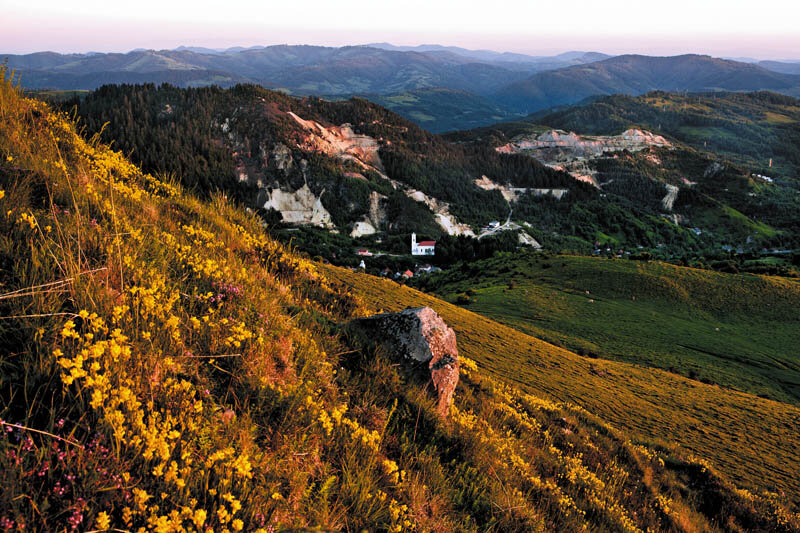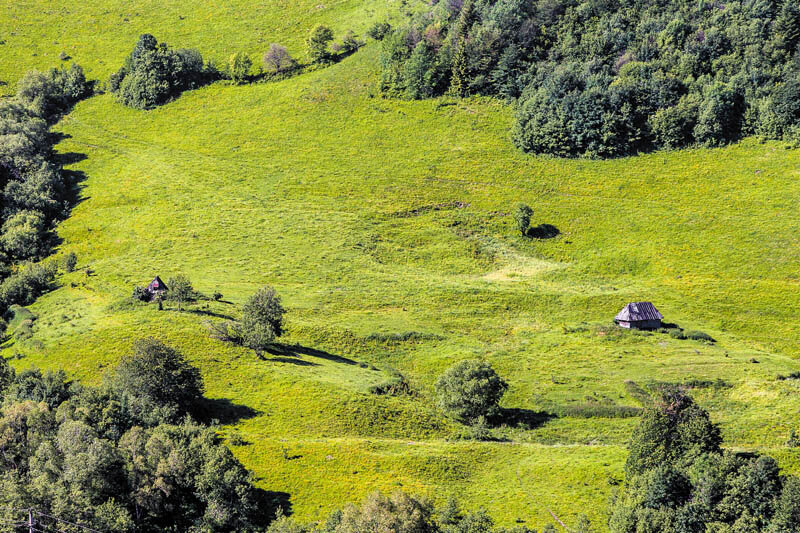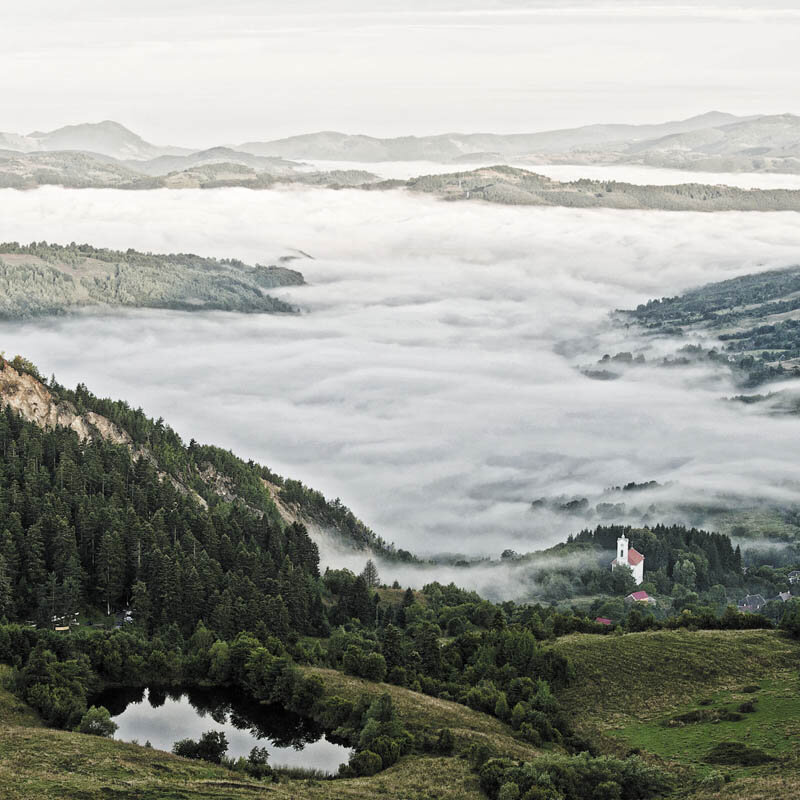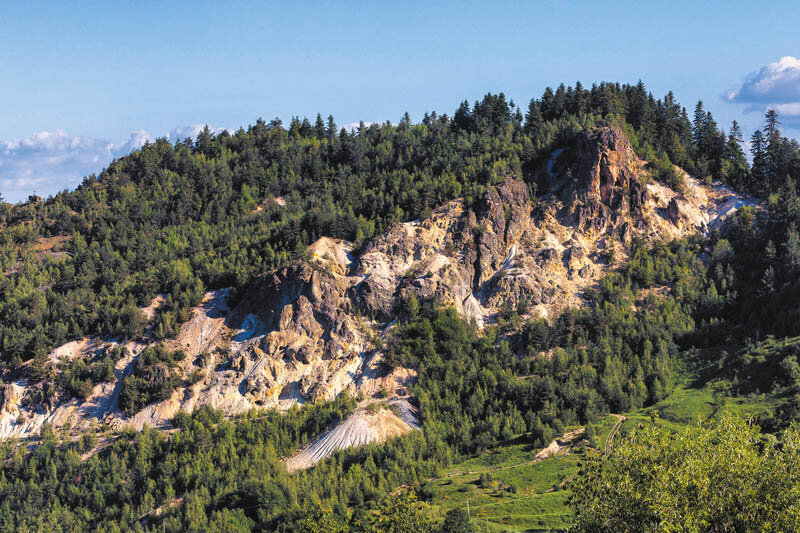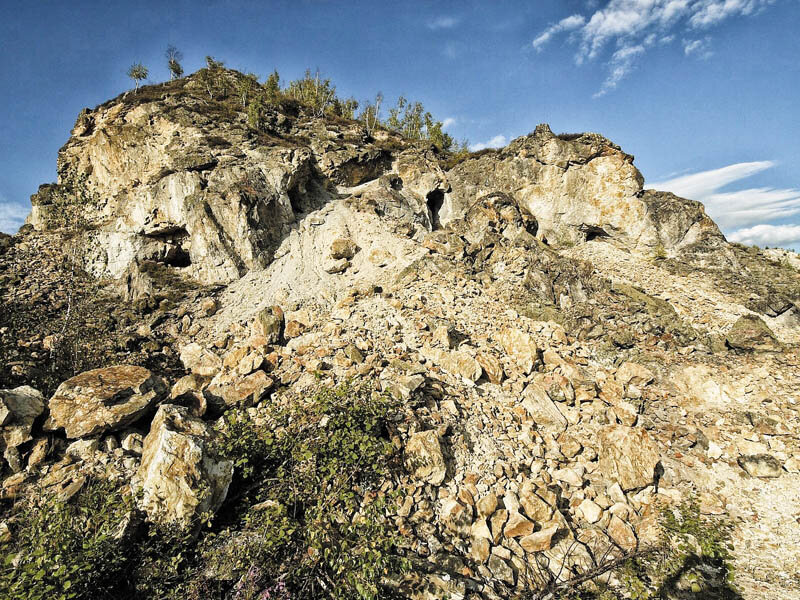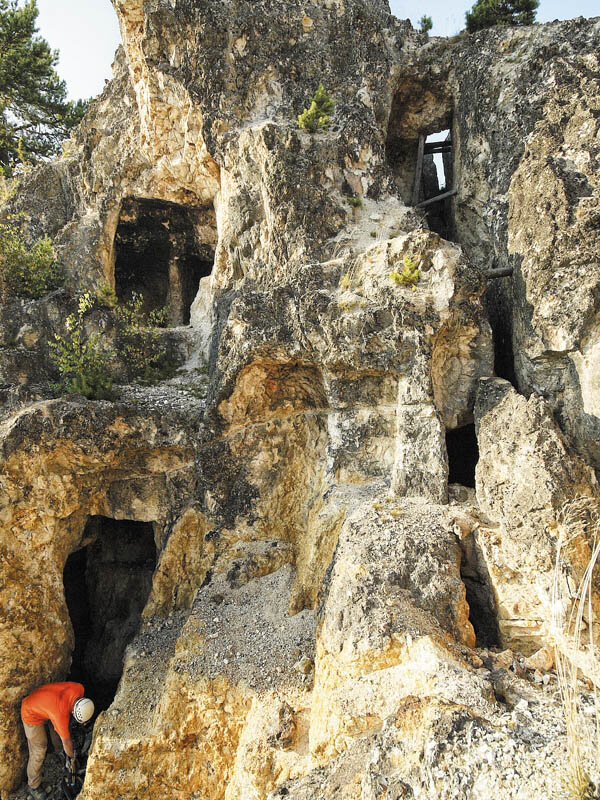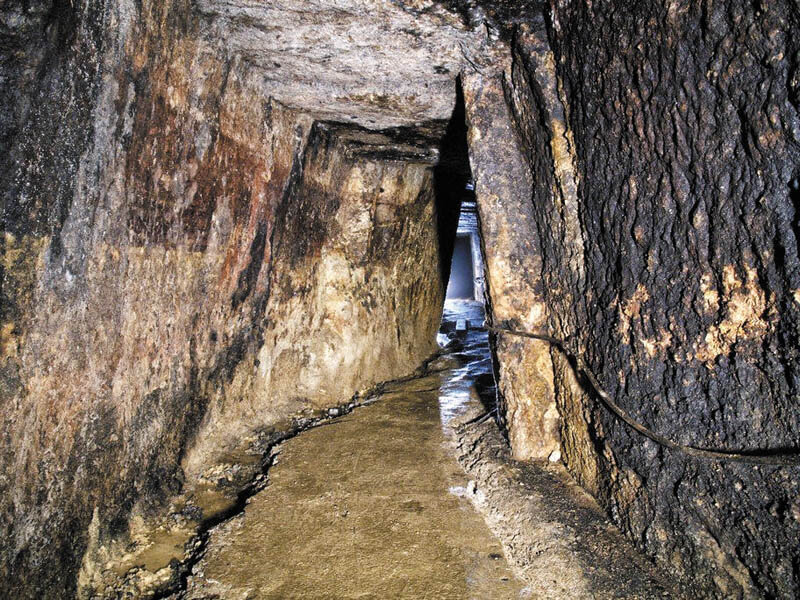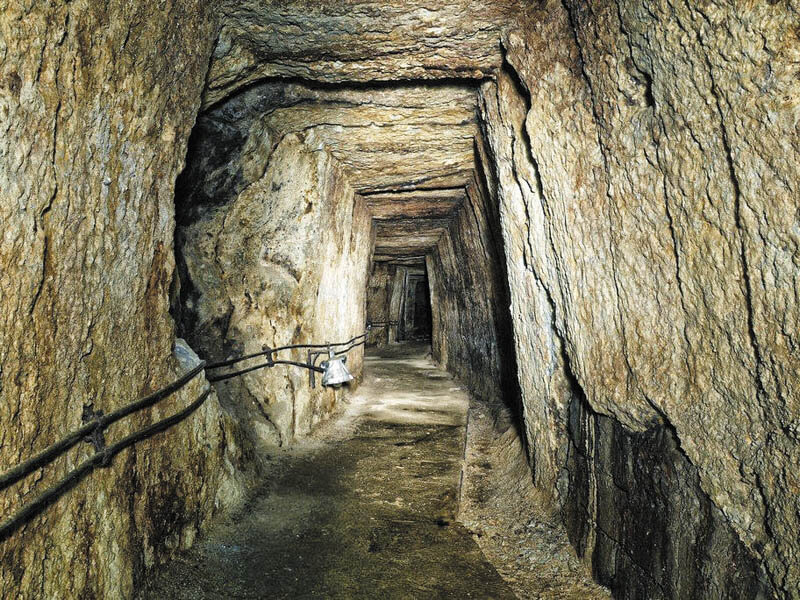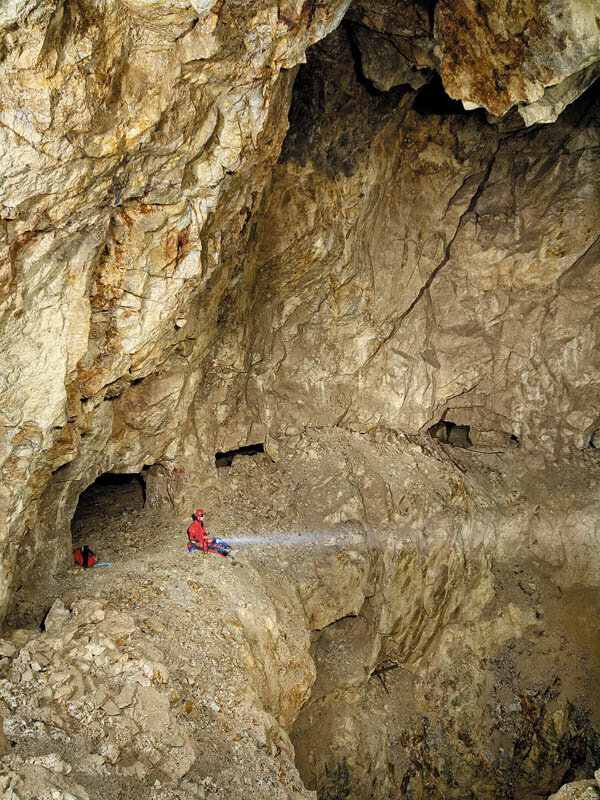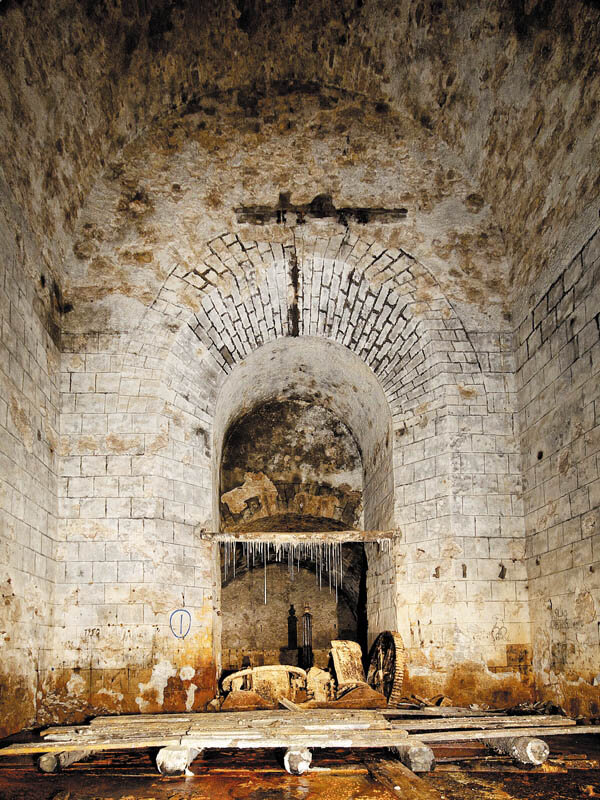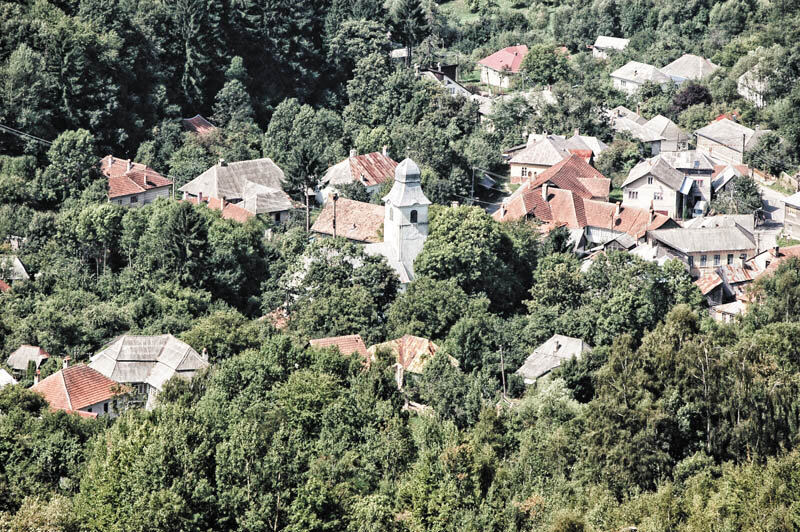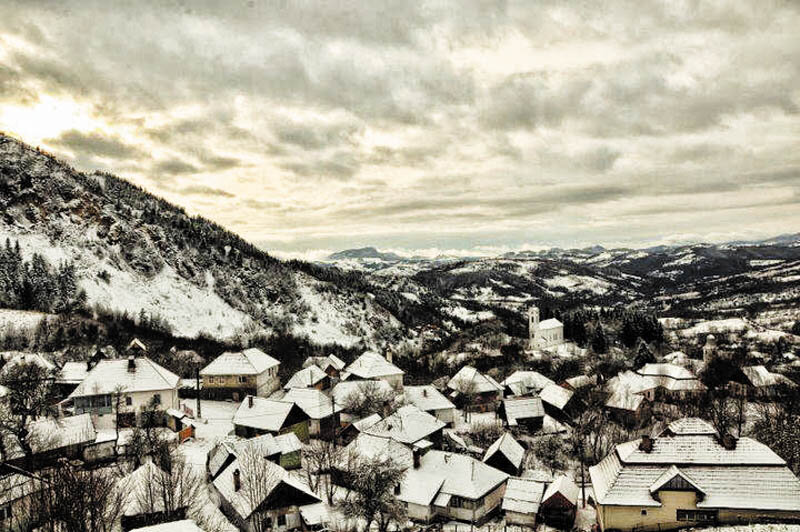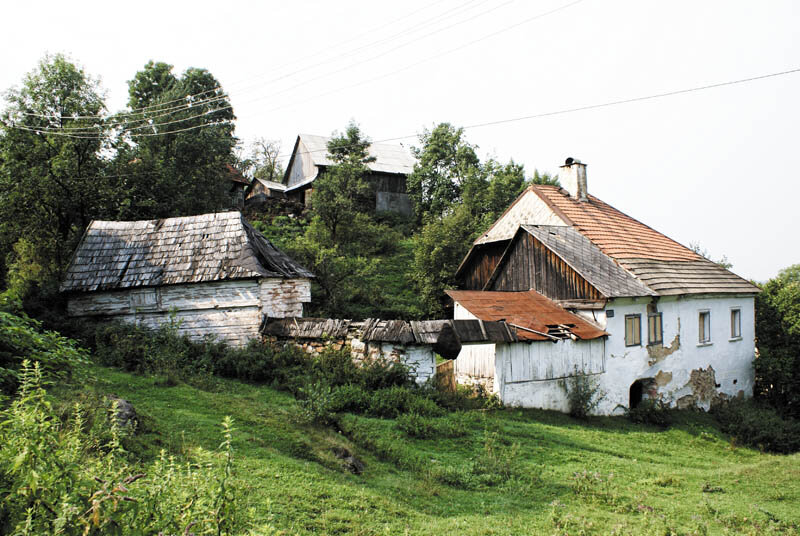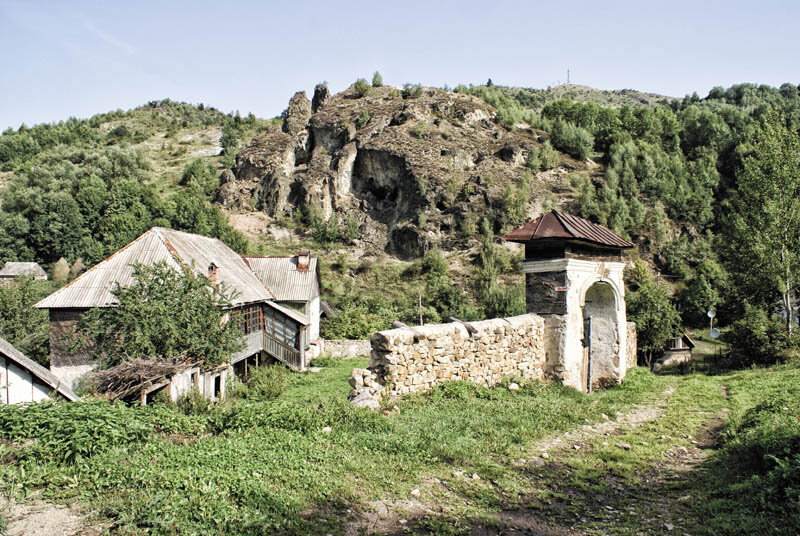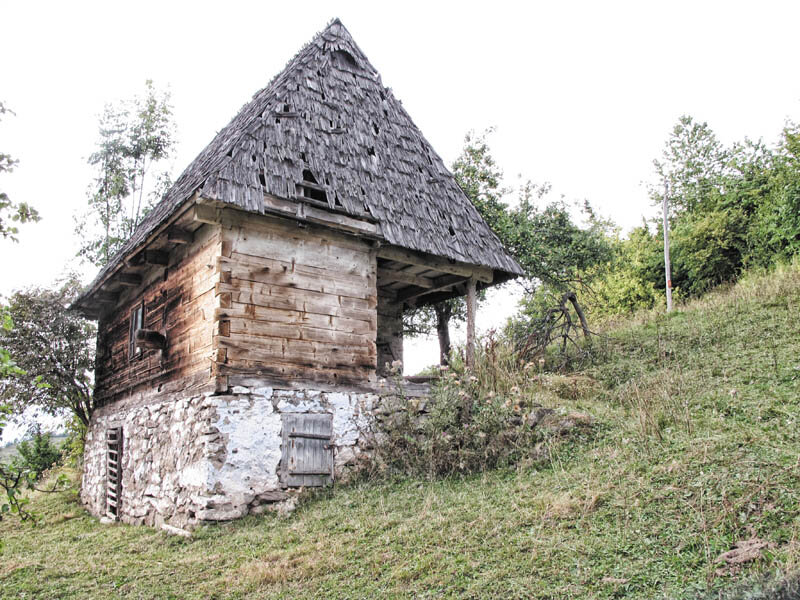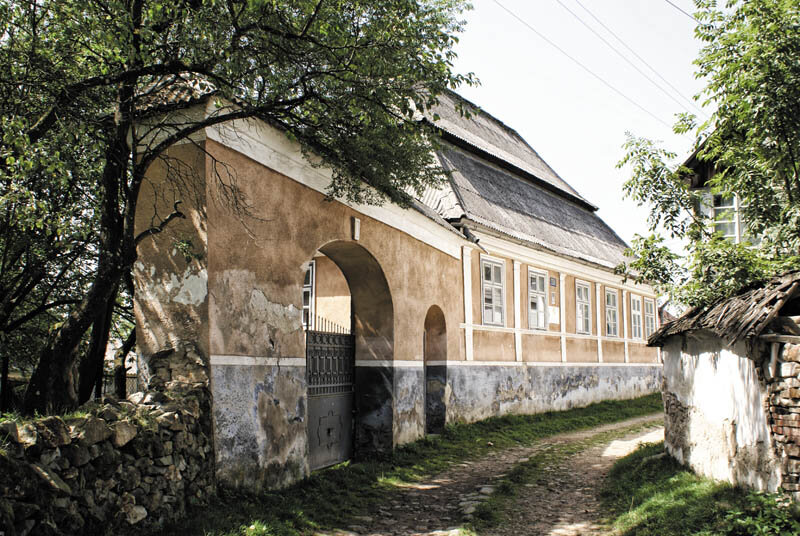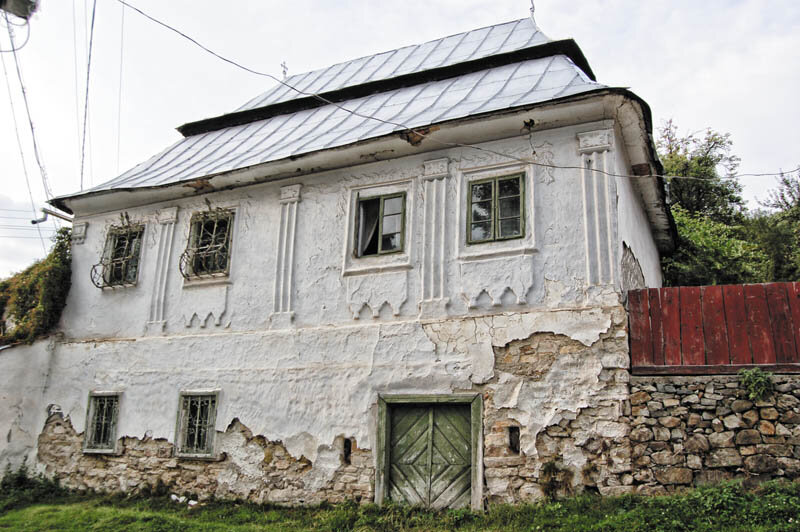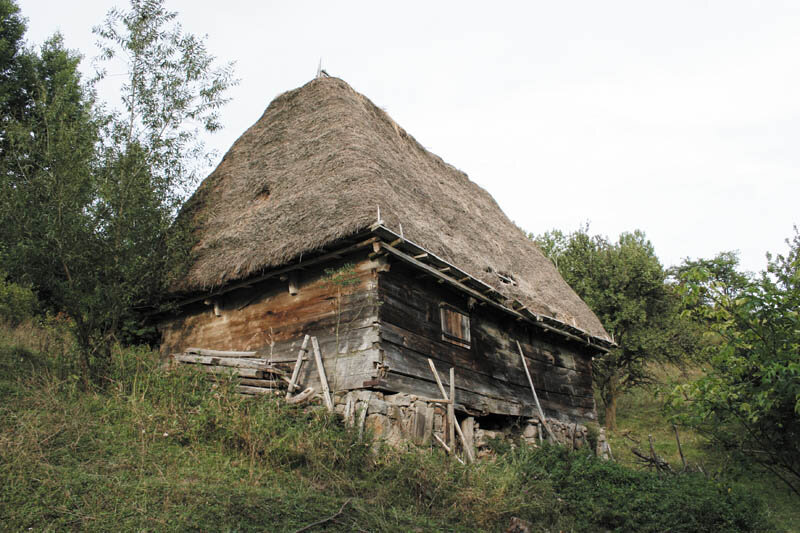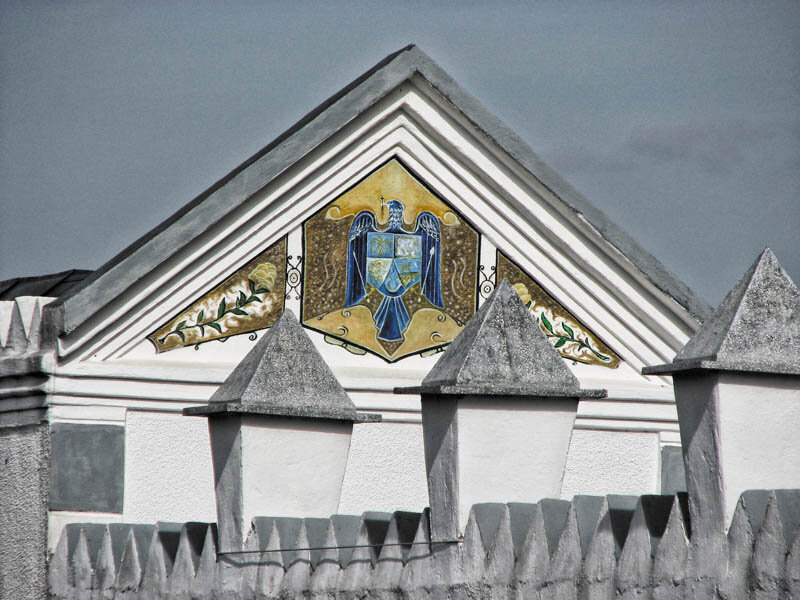
Cultural landscape threatened Roșia Montană
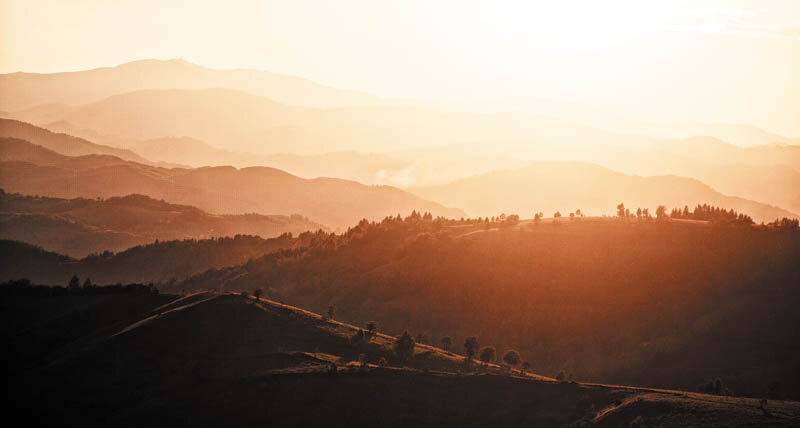
Fortifications, burial mounds and traces of prehistoric habitation; traces of surface gold mining from the Bronze Age, but also from the ancient Dacian and Roman periods; underground gold and silver mining systems from Roman times and, it is assumed, even before the Roman conquest; Extensive exploration and exploitation networks of galleries and extraction chambers, constantly enlarged until modern and contemporary times; a dense network of trails and roads for ore transportation; cuttings1 - over 100 - scattered along the surrounding coasts, linked by water channels to the mills for ore milling, and sluices along the Rosia and Corna valleys.
The mining fair with the administrative palace from the time of Franz Joseph, clubs, shops, workshops, trade schools, the churches of the five confessions with their schools; the traditional houses with their dragnet hidden behind the facades of the central square and the streets around it, designed after models from the towns of the empire, all linked in the Moorish network2.
Forests and fir trees, the rows of shrubs marking the boundaries of the plots, the meadows rich in various plant species, the lake vegetation around the cliffs, the volcanic cone of the Cârnic, with the Piatra Corbului and Piatra Despicată declared natural monuments, the rocky corners of the slopes.
These are untouchable parts of a cultural landscape - an essential part of the Romanian historical environment.
The destruction that would be wrought by an open-pit mining project cannot be recovered. It cannot be compensated for by building replicas, it cannot be hidden by landscape reconstructions or random fragmentary preservation.
NOTES:
1 Tău = lake (after magh. tó); in the case of Roșiei Montane it designates a reservoir lake set up to provide the flow of water necessary for the operation of the gold ore milling plants.
2 Maur, pl. mauri = wall (after the German Mauer), in particular a wall made of stone without a binder.
PHOTO:
Johannes Kruse
Petru Mortu
Radu Sălcudean
Sebastian Florian
Stefan Bâlici
Ivan Rous

